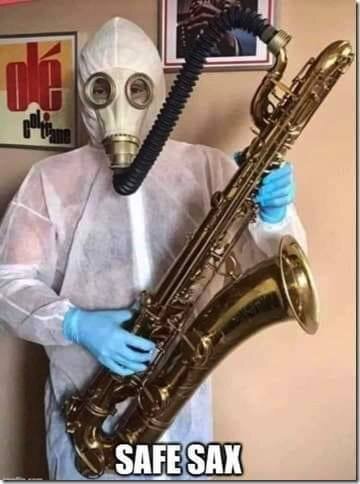Music Monday - Rhythm and Rhyme – working creatively with young children.
/Both rhyme and rhythm are patterns in sound – in spoken sound as well as sung sound.
The wonderful work done by biggerbetterbrains.com highlights the importance of these skills in early language development. I have written about this in previous Music Monday posts and it continues to fascinate me, especially now that we have a pre-schooler grandson in our lives.
Yesterday (almost) 4 year-old William came to our house for the day. As usual he was excited about what activities we had planned for his visit. The hot favourites always include cooking, picking up the dog’s poop (yes, really) and music. The last always includes a very short period of hand positions on the piano, and a longer time singing songs, accompanied by me with William playing random notes in rhythm at the top end of the keyboard. Yesterday his attention was caught by the rhyming patterns in one particular song and I wondered whether we could play further with this idea, especially after he volunteered, “The rhymes are words that sound the same, aren’t they?”
We got out William’s scrap book and started writing down rhyming words. Of course, ‘poop’ featured – loads of good rhyming words with that one!
Next we made up short phrases, each one ending with one of our rhyming words. After 8 phrases and 4 pairs of rhymes, we tried clapping each phrase. One of William’s made-up phrases started with an upbeat so we talked about that, and although he didn’t really understand the concept, he was able to clap it with the stress on the first beat of the bar.
We then played a game where I clapped the phrases out of sequence and William guessed which phrase I was clapping – mostly accurately. We talked briefly about the words being the rhythm – that time-honoured concept of primary music teachers.
Finally we invented a tune for his song. William was inclined to stick to a monotone and focus on the rhythmic patterns, but I guided and coaxed him towards a simple tune contained within the doh-soh range.
All up this song-writing activity took about 30 minutes.
Later, when his parents arrived for dinner, he was keen to share his song. As before, he clearly enjoyed stressing the strong beats, clapping and singing enthusiastically. He felt ownership of both the process and end product.
So much of what we do in music classes tends towards recreating. Sometimes it is fun – and beneficial – to be creative instead.






